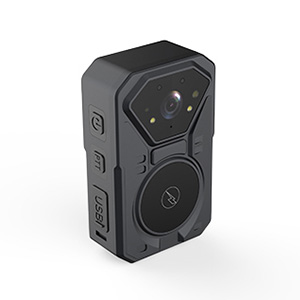
本身
Police Body Cameras: Enhancing Transparency and Accountability
In recent years, the use of police body cameras has become a significant topic in discussions about law enforcement and public safety. These small, wearable devices are designed to record interactions between police officers and the public, providing an objective account of events. The adoption of body cameras aims to enhance transparency, accountability, and trust between law enforcement agencies and the communities they serve.
The Benefits of Police Body Cameras
One of the primary advantages of police body cameras is their ability to provide an unbiased record of incidents. Unlike eyewitness accounts, which can be subjective or unreliable, video footage offers a clear and factual representation of what occurred. This can be invaluable in resolving disputes, investigating complaints, and ensuring that both officers and civilians are held accountable for their actions.
Additionally, body cameras have been shown to reduce the use of force by officers and decrease the number of complaints filed against law enforcement. When officers know they are being recorded, they may be more likely to adhere to protocols and de-escalate tense situations. Similarly, civilians may behave more respectfully when they are aware their actions are being documented.
Challenges and Concerns
Despite their benefits, the implementation of police body cameras is not without challenges. Privacy concerns are a major issue, as recordings may capture sensitive or personal moments. Striking a balance between transparency and privacy is crucial, and policies must be established to determine when cameras should be activated and how footage should be stored and accessed.
Another concern is the cost associated with body cameras. The devices themselves, along with data storage and management, can be expensive for law enforcement agencies, particularly smaller departments with limited budgets. Funding and resource allocation must be carefully considered to ensure the successful adoption of this technology.
Keyword: police body cameras
The Future of Police Body Cameras
As technology continues to evolve, so too will the capabilities of police body cameras. Advances in artificial intelligence and facial recognition could provide new tools for law enforcement, but they also raise ethical questions about surveillance and civil liberties. Public input and legislative oversight will be essential in shaping the future of body camera programs to ensure they serve the best interests of both officers and the community.
Ultimately, police body cameras represent a promising step toward greater accountability and trust in law enforcement. By addressing the challenges and leveraging the benefits, these devices can play a vital role in fostering safer and more transparent interactions between police and the public.